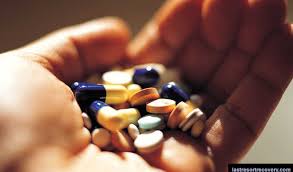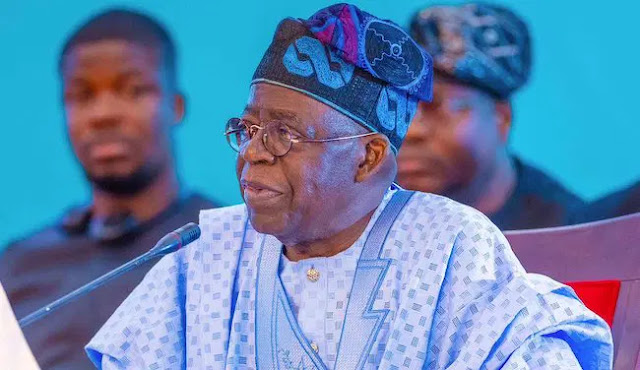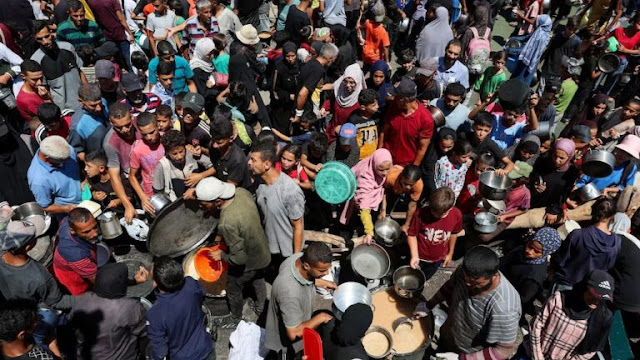The sharp increase in counterfeit medicine seizures across Nigeria has laid bare a public health crisis of alarming proportions. This is no longer a matter of routine regulation, it is a national emergency that undermines medical care, erodes trust in health systems, and feeds organised criminal networks.
Fresh figures from the National Agency for Food and Drug Administration and Control (NAFDAC) expose the scale of the problem. In early 2025, enforcement officers stormed major drug markets in Lagos, Aba, and Onitsha, seizing 87 truckloads of falsified, expired, and unauthorised pharmaceuticals.
A separate report revealed that over 3,000 outlets were shut down in Lagos’s Idumota market, with nearly 24 truckloads of counterfeit medicines recovered during the operation. NAFDAC estimates that around 41% of drugs sold in Nigeria are counterfeit, while nearly 15% are outright fake. Independent reviews suggest the numbers may be far worse, with up to 70% of all medicines in circulation classified as either substandard or falsified.
The human consequences are devastating. The World Health Organization (WHO) attributes as many as 500,000 deaths each year in sub-Saharan Africa to poor-quality medicines, particularly those intended to treat malaria and bacterial infections. In Nigeria, children have died after ingesting paracetamol syrup contaminated with diethylene glycol, prompting regulators to adopt a hard-line stance.
Part of what makes this epidemic particularly dangerous is the growing sophistication of the networks behind it. Counterfeiters now use professional-grade packaging, replicate batch numbers, and infiltrate legitimate supply channels, making it difficult even for trained professionals to distinguish fake medicines from genuine ones. The trade generates billions of naira in profit and is increasingly tied to money laundering and organised crime.
Efforts to bring perpetrators to justice remain largely symbolic. The maximum sentence for offences related to counterfeit drugs is 15 years, with fines capped at ₦500,000. These penalties fall far short of matching the scale or severity of the crime. Courts have frequently criticised the leniency of existing laws, particularly as those convicted often earn far more in profit than they ever stand to lose through prosecution.
Calls for tougher sanctions have grown louder, with NAFDAC and civil society groups advocating for life imprisonment, or even capital punishment, in cases that lead to fatalities. The use of asset seizure laws to dismantle criminal finances has also been proposed.
NAFDAC’s capacity is being severely tested. Fewer than 2,000 enforcement officers are tasked with overseeing more than 58,000 registered products, a figure expected to double by the end of 2025. Corruption at Nigeria’s ports, weak coordination between government agencies, and poorly monitored borders allow counterfeit medicines to spread unchecked. While raids and market closures send a strong message, they cannot substitute for deep institutional reform.
There is no single fix, but several urgent interventions are required. Lawmakers must prioritise amendments to the Fake Drug and Unwholesome Processed Food Act, introducing much stiffer penalties and exploring the creation of fast-track courts to handle these cases efficiently. NAFDAC must receive greater funding and staffing, along with upgraded laboratory equipment. The WHO’s recent accreditation of its Yaba laboratory represents progress, but it must be backed by broader improvements nationwide.
To keep up with counterfeiters, Nigeria should adopt barcode scanning apps for the public, implement blockchain to secure pharmaceutical supply chains, and promote mobile authentication systems. These tools can help consumers detect fake products and restore some measure of confidence in the system. Long-term reform must include the closure of informal medicine markets. Instead, government-backed Coordinated Wholesale Centres, such as those piloted in Kano and Abuja, should be expanded and fully enforced to create a safer distribution environment.
Citizens need better access to information that helps them avoid suspect drugs. More importantly, whistleblowers who expose large-scale counterfeit networks must be protected and incentivised.
Nigeria stands at a pivotal moment. It can either continue to treat counterfeit drugs as an episodic problem or recognise the scale of the threat and respond accordingly. The recent waves of enforcement offer a glimpse into what coordinated effort can achieve. But unless policy, law, infrastructure, and public engagement advance rapidly, fake drugs will continue to circulate unchecked, killing patients, weakening public health, and fuelling a criminal economy that thrives on impunity. This crisis demands more than outrage. It requires action, bold, swift, and sustained.






